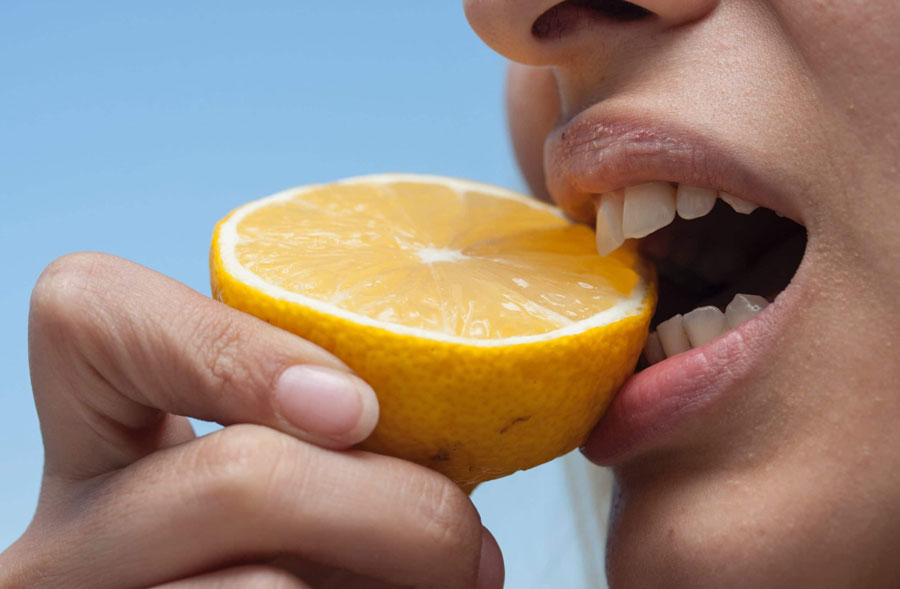
All of us know a picky eater. It may even be YOU. Picky eaters don’t have a problem listing their favorite foods because the list is usually narrow. It is likely they are equipped with a small arsenal of go-to orders at restaurants, and anything that doesn’t make the cut will certainly not be on their plate.
For a long time, scientists, nutritionists, and frustrated mothers alike were puzzled about what the real cause of pickiness was. Could there be a scientific explanation for a strong aversion to certain foods? Turns out, there could be an underlying genetic reason why a forkful of broccoli may send you running for the hills. Depending on your genes, you could be classified as something known as a supertaster and that could contribute to your enhanced sensitivity to different foods.
How does taste work?
Before we dive into the wonderful (and sometimes bizarre) world of supertasters, how does our sense of taste even work? Your tongue is a powerful sensory organ that is covered in thousands of raised bumps called papillae. There are two different types: mechanical papillae and taste papillae. While your mechanical papillae help your tongue feel a food’s form and texture, your taste papillae are mainly responsible for increasing the surface area of the part of your tongue that encounters food for tasting.

Each of your taste papillae contain multiple taste buds, and inside each taste bud is where the magic unfolds. Let’s use a crispy chicken tender as an example. You sink your teeth into your chicken tender, and it comes in contact with your taste buds. Each taste bud contains around 10 to 50 taste cells that have teeny tiny hairs known as microvilli. Your microvilli analyze the chemical compounds of the chicken tender and then sends signals to a part of your brain called the gustatory cortex. Your gustatory cortex then interprets those signals to create your perception of how the chicken tender tastes. And man, it probably tastes deeelicious.
Your taste buds can detect five tastes: sweet, sour, bitter, salty, and umami, which is often described as a meaty or savory flavor. You may have heard that there are specific “zones” for taste on your tongue, however, this is false. The entire tongue can detect all five tastes, however, the one exception is the back of your tongue. This region is extremely sensitive to bitter tastes. Scientists believe that this region evolved to help us detect toxic foods (which tend to be more bitter) before we swallow them.
What’s a supertaster?
A supertaster is someone whose sense of taste is much stronger than average, leading them to taste certain flavors and foods at a far greater intensity than other people. Supertasters are more likely to be picky eaters, which can play a larger role in their overall health and nutrition.
How do you know if you’re a supertaster? One major difference between people who are supertasters and those who aren’t is that supertasters tend to have many more visible taste papillae. A higher density of taste papillae means a higher amount of taste cells, thus this physical difference may enhance taste sensitivity for these individuals. However, studies for this trait are ongoing, and the current way to discover if you are a supertaster or not boils down to your genetics.
Are you more likely to be a supertaster?
The answer lies deep within your cells. Your DNA contains your TAS2R38 gene that codes for a protein known as the taste receptor 2 member 38 (TAS2R38) protein. TAS2R38 is a bitter taste receptor located in the taste cells in your tongue’s taste buds. TAS2R38 directly interacts with different flavors and sends signals to your brain that give you your sense of taste.

A change in your TAS2R38 gene, also known as a gene variant, at a specific location in your genetic code may create a change in your TAS2R38 protein. In turn, there may be a change in your sensitivity to bitterness and strong-tasting foods. Thus, your DNA can tell you whether you may be more likely to be a supertaster.
Knowing whether you may be a supertaster or not can actually be beneficial for your nutrition! Supertasters tend to be pickier eaters, and this aversion to certain foods may affect their nutrition, specifically vitamin intake. If you fall into the supertaster category, it may be beneficial for you check whether you may also be prone to certain vitamin deficiencies, in case you may need a boost. If you’re a CRI Genetics customer, we have reports (and nutritional supplements) for that too!.
Use Your DNA to Explore Your Supertaster Abilities
If you're a CRI Genetics customer, you can access your Supertaster Report in your CRI Genetics account right now and find out your own risk of photosensitivity.
Not a CRI Genetics customer yet? Go check out any current promotions and find out how you can get the Supertaster Report (and many more).